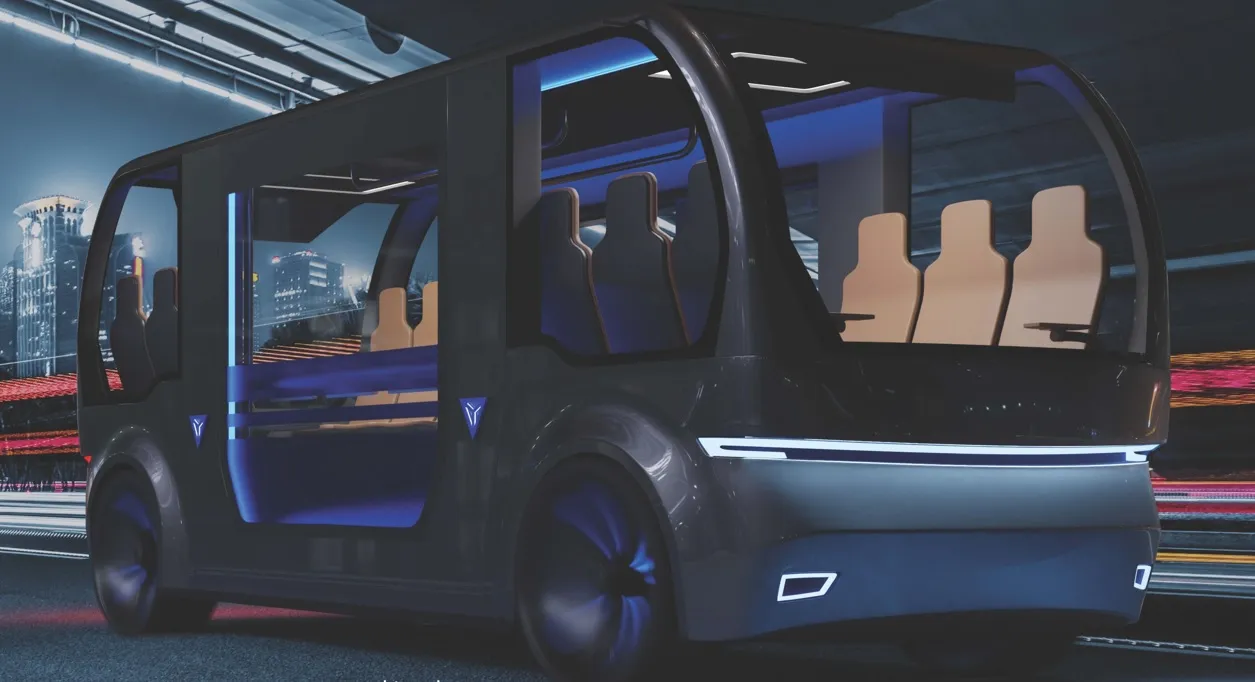Chinese automotive research and design company Techrules has established key strategic partnerships to develop its Turbine-Recharging Electric Vehicle (TREV) technology. It has signed a memorandum of understanding with supplier of rail transit equipment subsidiary CRRC Times Electric (TEC) at the Geneva Motor Show.
Through the agreement, TREV will be developed for use in TEC’s Autonomous Rail Rapid Transit transportation system. The innovation’s weight-saving and range-extending capabilities are said to be ideal for providing fuel efficiency and low environmental impact for mass mobility.
In addition, TREV will provide power for Wuzhoulong Motors’ clean natural gas buses. The fleet aims to offer more fuel-efficient air conditioning and remove the range of limitations associated with electric buses.
A deal is also being finalised with battery development and research company Shenzhen Bak Technology to jointly develop delivery vehicles powered by the TREV system. The transaction intends to provide a capable and cost-effective light commercial solution.
Matthew Jin, CTO of Techrules, said: “The agreement we have signed with TEC is an important milestone in the history of Techrules, as we look to increase our international capabilities in engineering and manufacturing. Following significant interest in our micro-turbine recharging technology we are working hard to establish key partnerships with several global companies that will enable us to develop new products and low emission commercial applications for our advanced propulsion system, including a variety of low emissions mobility solutions and light commercial vehicles.”
Techrules establishes key partnerships for TREV system
Chinese automotive research and design company Techrules has established key strategic partnerships to develop its Turbine-Recharging Electric Vehicle (TREV) technology. It has signed a memorandum of understanding with supplier of rail transit equipment subsidiary CRRC Times Electric (TEC) at the Geneva Motor Show. Through the agreement, TREV will be developed for use in TEC’s Autonomous Rail Rapid Transit transportation system. The innovation’s weight-saving and range-extending capabilities are said to
March 14, 2018
Read time: 2 mins









